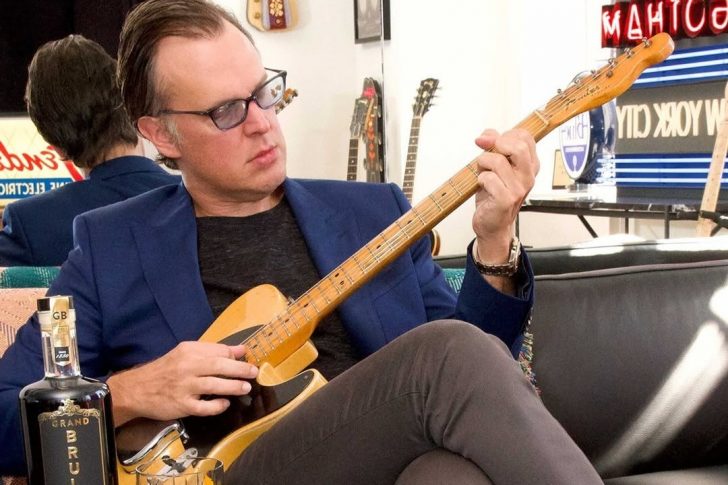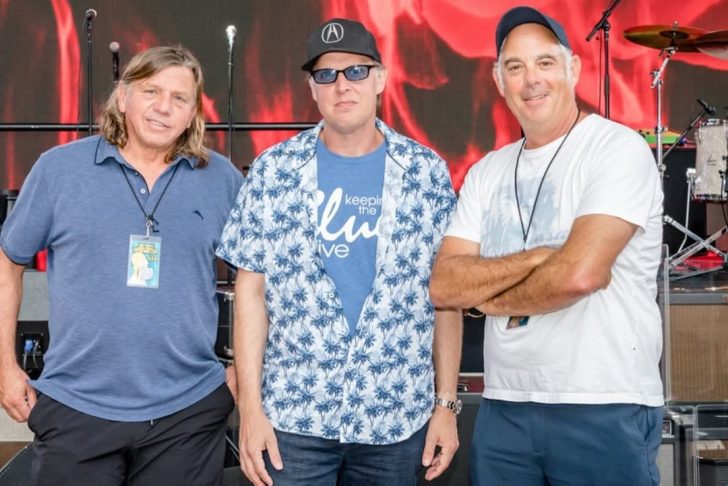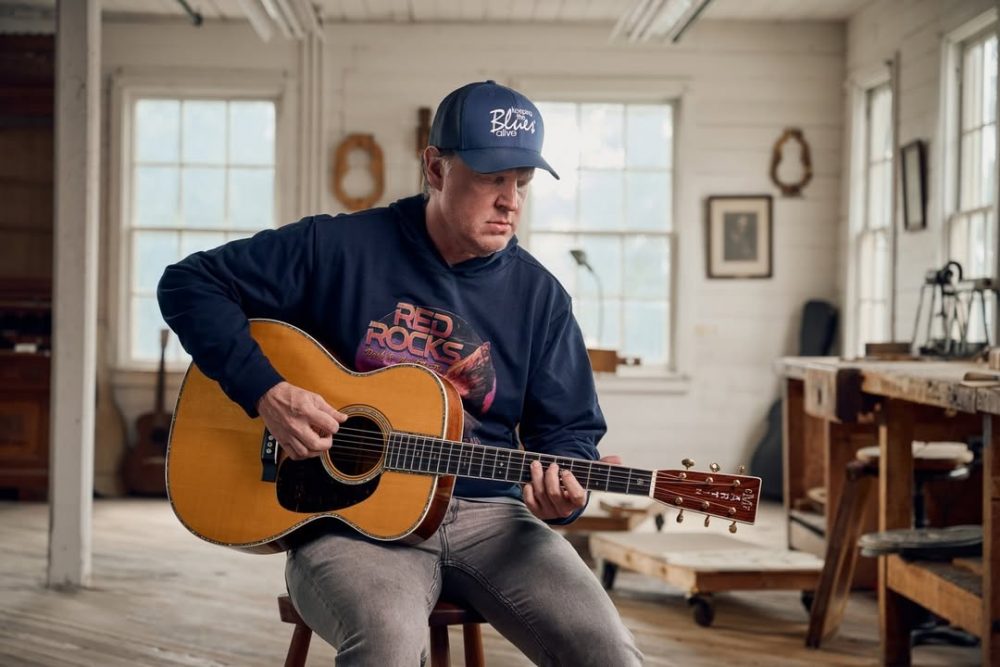Is Joe Bonamassa a good guitar player? As one of today’s leading blues musicians, Bonamassa’s talent is unquestionable. Yet, his own view of his playing might surprise many. Known for technical precision and consistency, Bonamassa remains refreshingly humble about his skills, offering an honest take that adds depth to his persona. The Origin of the “Man in the Suit” Bonamassa’s “man in the suit” image started with advice from producer Kevin Shirley. Early on, Shirley pointed out that Bonamassa needed a stage presence to match his skill. Bonamassa bought a budget suit, unknowingly creating the polished image fans now associate with him. However, this look sparked misconceptions. His sunglasses, for instance, aren’t about style but help him manage sensitivity to bright stage lights. Bonamassa brushes off assumptions about ego, explaining...
next aeticle
Is Joe Bonamassa a good guitar player? As one of today’s leading blues musicians, Bonamassa’s talent is unquestionable. Yet, his own view of his playing might surprise many. Known for technical precision and consistency, Bonamassa remains refreshingly humble about his skills, offering an honest take that adds depth to his persona.
The Origin of the “Man in the Suit”
Bonamassa’s “man in the suit” image started with advice from producer Kevin Shirley. Early on, Shirley pointed out that Bonamassa needed a stage presence to match his skill. Bonamassa bought a budget suit, unknowingly creating the polished image fans now associate with him.
However, this look sparked misconceptions. His sunglasses, for instance, aren’t about style but help him manage sensitivity to bright stage lights. Bonamassa brushes off assumptions about ego, explaining it’s all about practicality, not showmanship.

@joebonamassa | Instagram | Shirley pointed out that Bonamassa needed a stage presence to match his skill.
Bonamassa’s Honest View on His Playing
Despite widespread praise, Bonamassa is surprisingly self-critical. He often admits he dislikes his playing, wishing he approached the guitar differently. Early in his career, he relied on fast, flashy solos to prove his abilities. This approach reflected the pressures of a young musician trying to stand out.
Today, Bonamassa prioritizes what serves the song. His solos, such as those in “Notches,” are deliberate and restrained. He believes fans already know his technical skills, so he focuses on creating meaningful moments within the music. This shift highlights his maturity as a guitarist.
Staying True to Blues Roots
While many musicians experiment with pop for mainstream success, Bonamassa remains committed to the blues. He believes crossing into other genres could compromise his authenticity. Artists like Eric Clapton have balanced both worlds, but Bonamassa prefers staying true to his roots.
This commitment extends to his live performances. Bonamassa favors smaller theaters like New York’s Beacon Theatre over massive arenas. He feels intimate venues allow for a deeper connection with the audience, something larger spaces simply can’t replicate.
Roy Weisman’s Role in His Success
Bonamassa credits much of his career success to his longtime manager, Roy Weisman. Their 30-year partnership has been built on trust and shared goals. Weisman handles the business side, ensuring Bonamassa can focus on the music.
This dynamic mirrors partnerships like B.B. King and Sid Seidenberg. As Seidenberg helped King connect with wider audiences, Weisman’s guidance ensures Bonamassa’s career stays consistent and authentic without resorting to gimmicks.

@kevthecave | Instagram | Bonamassa credits much of his career success to his longtime manager, Roy Weisman.
Misconceptions About Joe Bonamassa
Public misconceptions often follow Bonamassa. His polished look and reserved demeanor sometimes get mistaken for arrogance. He attributes this to out-of-context comments and online speculation, where humor and personality don’t always translate well.
Bonamassa doesn’t let these misunderstandings bother him. He remains focused on his music and loyal fans. At his core, he understands that quality and authenticity will always outlast surface-level judgments or clickbait headlines.
Bonamassa’s success comes from his ability to balance artistry with consistency. He doesn’t chase trends or commercial shortcuts, choosing substance over fleeting attention. His commitment to his music and humility set him apart as a modern blues icon who continues to grow on his own terms.










